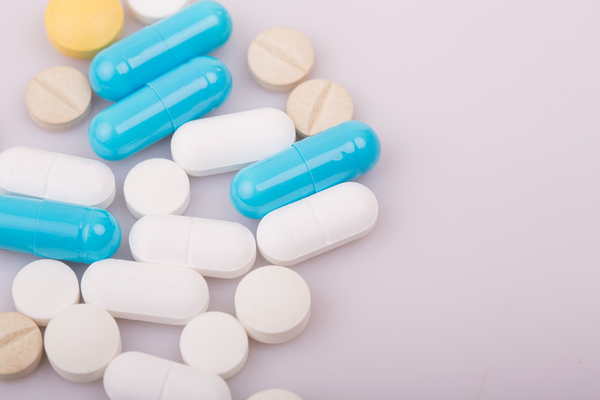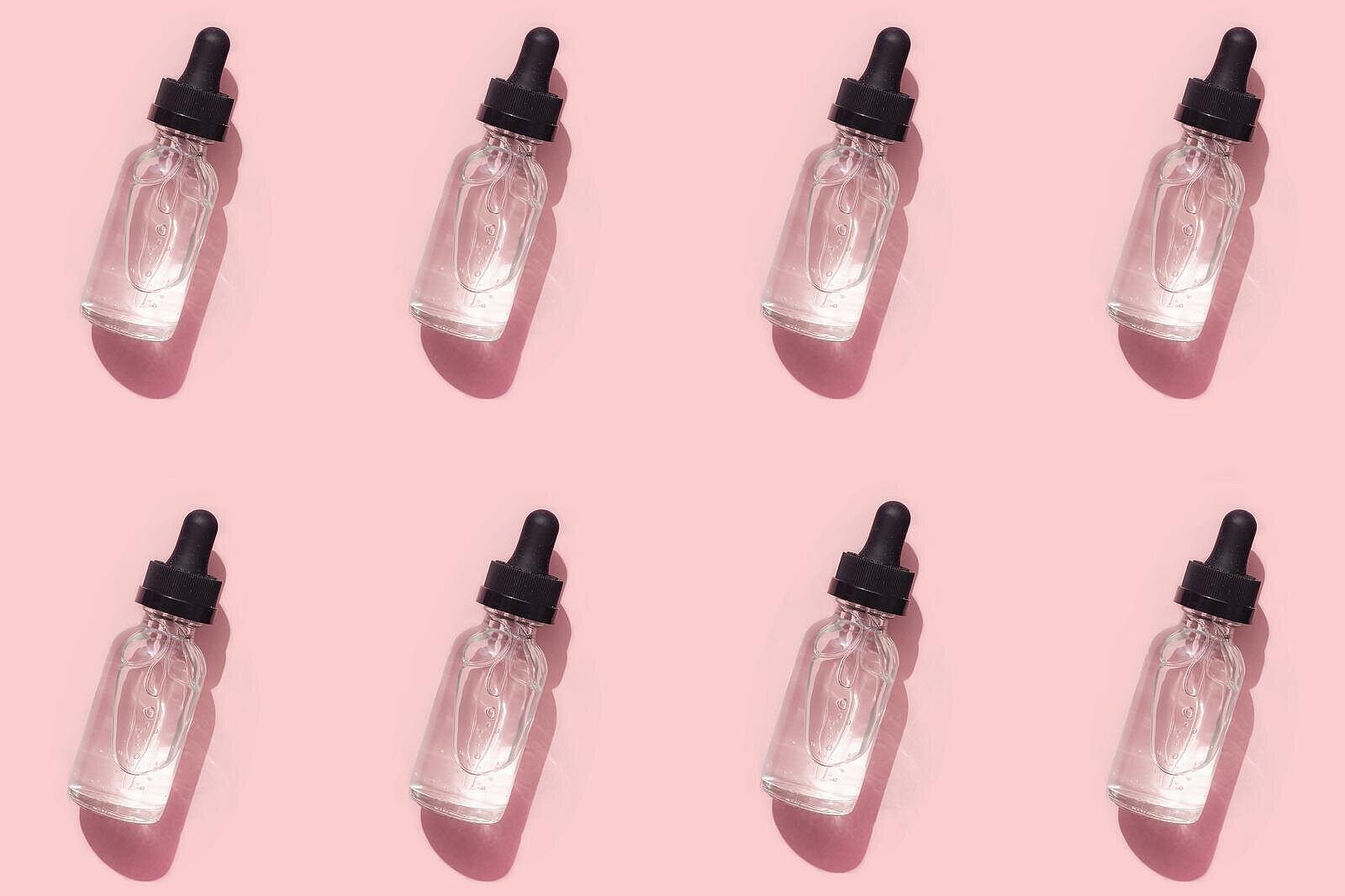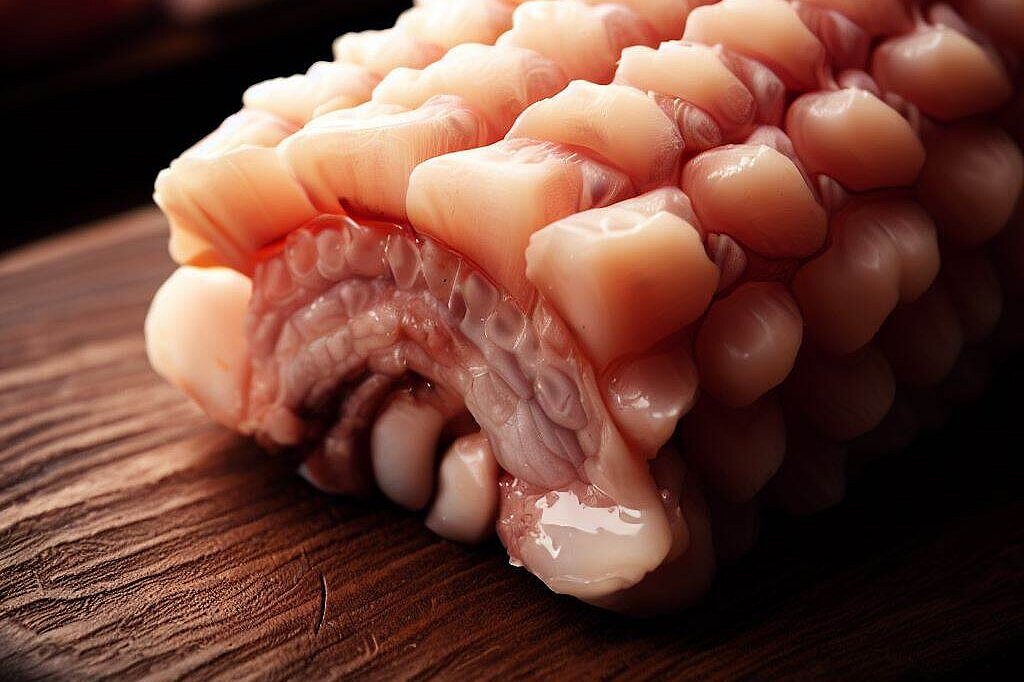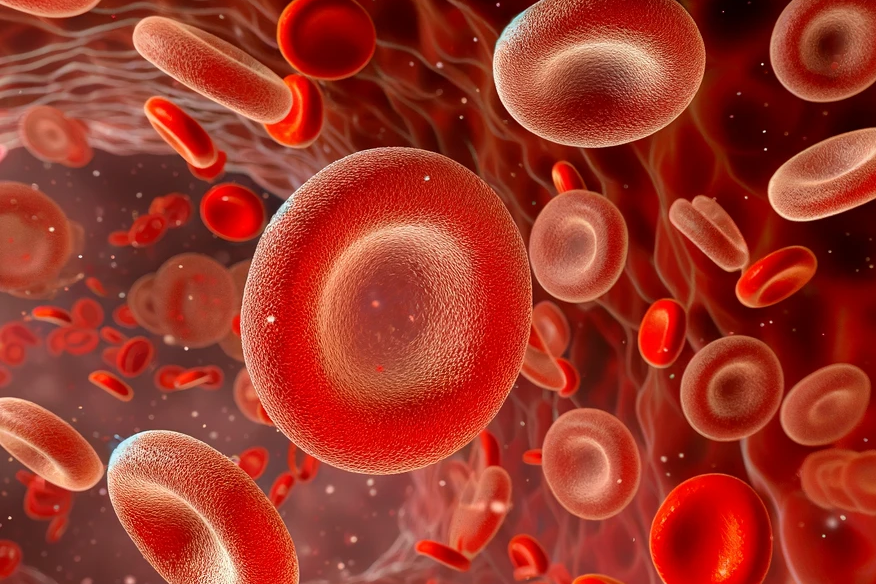Glycosaminoglycans
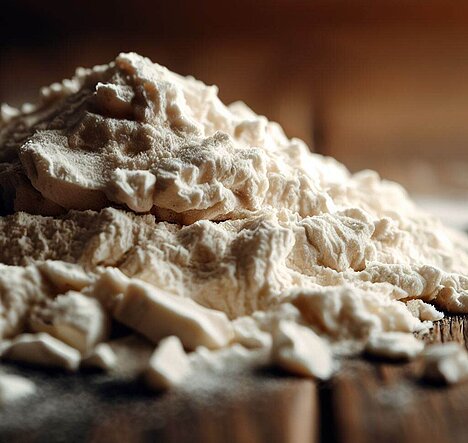
In this article, you'll learn more about the important molecules called glycosaminoglycans, which are found in many of your dog's tissues and fluids. We explain what glycosaminoglycans are, how they work and what their advantages and disadvantages are.
What are glycosaminoglycans?
Glycosaminoglycans (GAGs) are long chains of sugar molecules that can combine with proteins to form larger structures. These structures are called proteoglycans. GAGs and proteoglycans are important components of the extracellular matrix, i.e. the filling substance between the cells. They ensure that the matrix can bind water and remains elastic. They are also involved in many biological processes, such as cell division, wound healing and the inflammatory response.
There are different types of GAGs, which differ in their structure and function. The most important GAGs for dogs are
- Hyaluronic acid: This is mainly found in synovial fluid, the skin and the eye. It provides lubrication, moisture and elasticity.
- Chondroitin sulphate: This is mainly found in cartilage tissue. It provides strength and resilience.
- Keratan sulphate: It is mainly found in bones, tendons and corneas. It provides stability and flexibility.
- Dermatan sulphate: It is mainly found in the skin, blood vessels and heart valves. It provides structure and elasticity.
- Heparan sulphate: It is mainly found in the basement membrane, which separates the cells from their subsurface. It ensures filtering and signal transmission.
How do glycosaminoglycans affect your dog?
Glycosaminoglycans have many positive effects on your dog's health. For example, they can:
- Improve joint function: By lubricating and cushioning joints, GAGs can promote your dog's mobility and well-being. They can also relieve inflammation and pain caused by osteoarthritis or other joint conditions.
- Promote skin health: By helping the skin retain moisture and elasticity, GAGs can strengthen the skin barrier and reduce the risk of infection or allergies. They can also accelerate wound healing and improve the appearance of scars.
- Support eye health: By binding moisture and lubricating the eye, GAGs can protect the eye from dryness or irritation. They can also promote the healing of corneal injuries and reduce the risk of cataracts or glaucoma.
Do glycosaminoglycans also have disadvantages?
Glycosaminoglycans are not normally harmful to your dog. However, there are some factors that can affect their content or function. These include
- Age: As your dog ages, the production and quality of GAGs decreases. This can lead to a loss of water retention, elasticity and lubrication. This in turn can lead to damage to joints, skin or eyes.
- Expensive: Glycosaminoglycans are relatively expensive and not always easy to obtain.
They can also cause gastrointestinal problems such as diarrhea or nausea in some dogs. They should also not be used in dogs that are allergic to any of the ingredients.
Glycosaminoglycans (GAGs) are long chains of sugar molecules that are linked to proteins to form proteoglycans. They are important components of the extracellular matrix between cells and have positive effects on the health of dogs. They can improve joint function, promote skin health and support eye health. There are different types of GAGs, including hyaluronic acid, chondroitin sulphate, keratan sulphate, dermatan sulphate and heparan sulphate, each with different functions. However, GAGs can cause gastrointestinal discomfort in some dogs and are relatively expensive. They should also not be used in dogs that are allergic to any of the ingredients.
If you notice any signs of hypersensitivity or poisoning in your dog, you should see your vet immediately. We are not a substitute for a vet, but we try to be as accurate as possible. Every dog reacts differently and we recommend you get a second opinion or consult your vet if in doubt.
Stay healthy and take good care of your four-legged friend!😊
Similar to Glycosaminoglycans
Chondroitin sulphate is a so-called joint nutrient that cannot be produced by the dog's body. It must therefore be taken in with food. Chondroitin sulphate has several positive effects on the dog's...
Hyaluron has various positive effects for your dog. Firstly, it supports skin health and can help with dry, flaky or inflamed skin. Hyaluron moisturizes and promotes wound healing. It can also make...
Chondroitin is a so-called glycosaminoglycan, which consists of sugar molecules that bind to proteins. These compounds form large molecules called proteoglycans. Proteoglycans are important building...
Heparan sulphate is a glycosaminoglycan (GAG) that is bound to proteins to form so-called proteoglycans. These molecules are found on the surface of cells and within the extracellular matrix and are...
